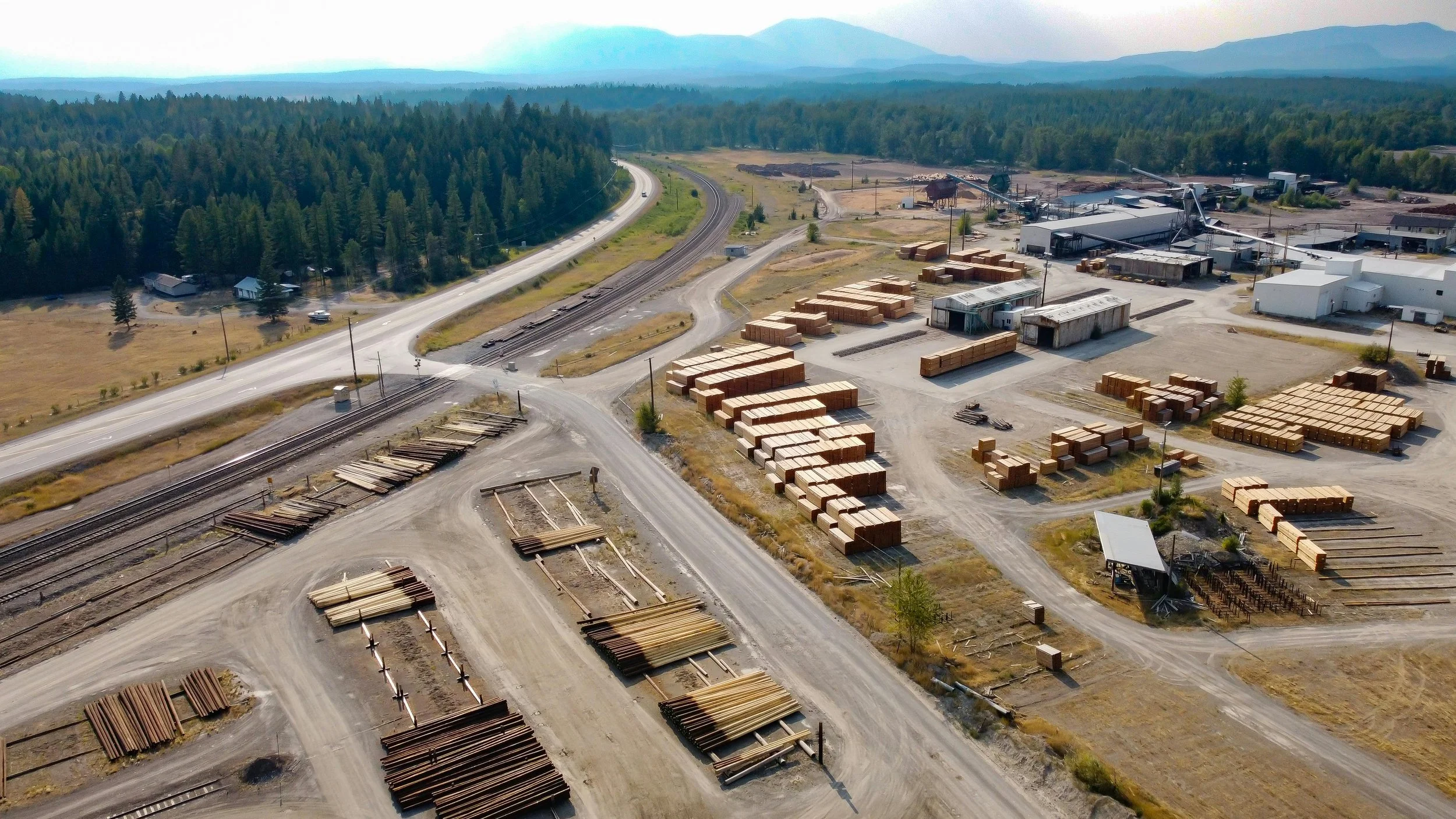Feds invest over a billion into lumber sector as American tariffs loom
Prime Minister Mark Carney guaranteed over $1.2 billion in funds for Canada’s softwood lumber industry earlier this month.
Carney stated that “Canada’s economy is shifting from reliance to resilience,” implicitly referencing the 35 percent tariffs the American government has put on Canadian softwood lumber exports.
A majority of this comes from “anti-dumping” duties announced by the US Commerce Department last month. “Dumping” refers to the practice of exporting a product at a price lower than the domestic market price or the cost of production, which the US accuses the Canadian softwood lumber industry of doing.
BC Forests Minister Ravi Parmar, talking to CBC News, described the tariff hike on Canadian exports as a “gut punch” for BC’s lumber sector and workers, which is already struggling.
Minister Parmar also said the commitment from the federal government is a “night and day comparison” with Justin Trudeau’s prior governance, which he said did not prioritize the lumber industry.
BC’s key role
Coastal Front received a statement from Minister Parmar, who said that “British Columbia is the second-largest exporter of softwood lumber in the world, second only to Russia,” which he said is “thanks to the thousands of forestry labourers across the province who work hard every day to make this industry a world leader.”
Speaking on Prime Minister Carney’s announcement, Minister Parmar stated that “the federal support package provides stability for workers as we continue to push for a long-term softwood lumber agreement with the United States. This is just the beginning, and we look forward to continuing working closely with the federal government to ensure BC receives its fair share of these funds.”
While these statements reaffirm the alignment of provincial and federal governments on the issue, they give little detail on the specific ways this will help the BC industry, other than vague language.
BC is the primary supplier of softwood lumber in Canada, so the dispute with the US disproportionately impacts the province the most in Canada. Conversely, the Canadian government’s policies on the issue can also affect British Columbians' finances in major ways.
The conflict over softwood exports between the two countries did not begin with President Donald Trump’s administration; rather, it dates back several decades, starting in 1982 between then-prime minister Pierre Trudeau and then-president Ronald Reagan. The dispute has cycled through numerous conflicts and “resolutions” on the topic in the years since then.
What’s in store?
Courtesy of Canadian Forest Industries
In 2024, BC exported only 4.5 billion board feet of lumber to the US, the lowest volume recorded in five decades. This is blamed on the factor of total lower production volume while American production rises, and the recent pine beetle epidemic that has ravaged BC’s forests. In other words, the industry was already struggling before the whopping 35 percent total tariff was enacted by the US.
While Prime Minister Carney’s lumber industry funding does relieve stress for many in BC struggling from the American tariffs, the solution will have to be a long-term one to truly ease tensions within the sector.




